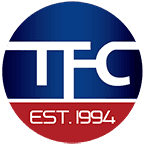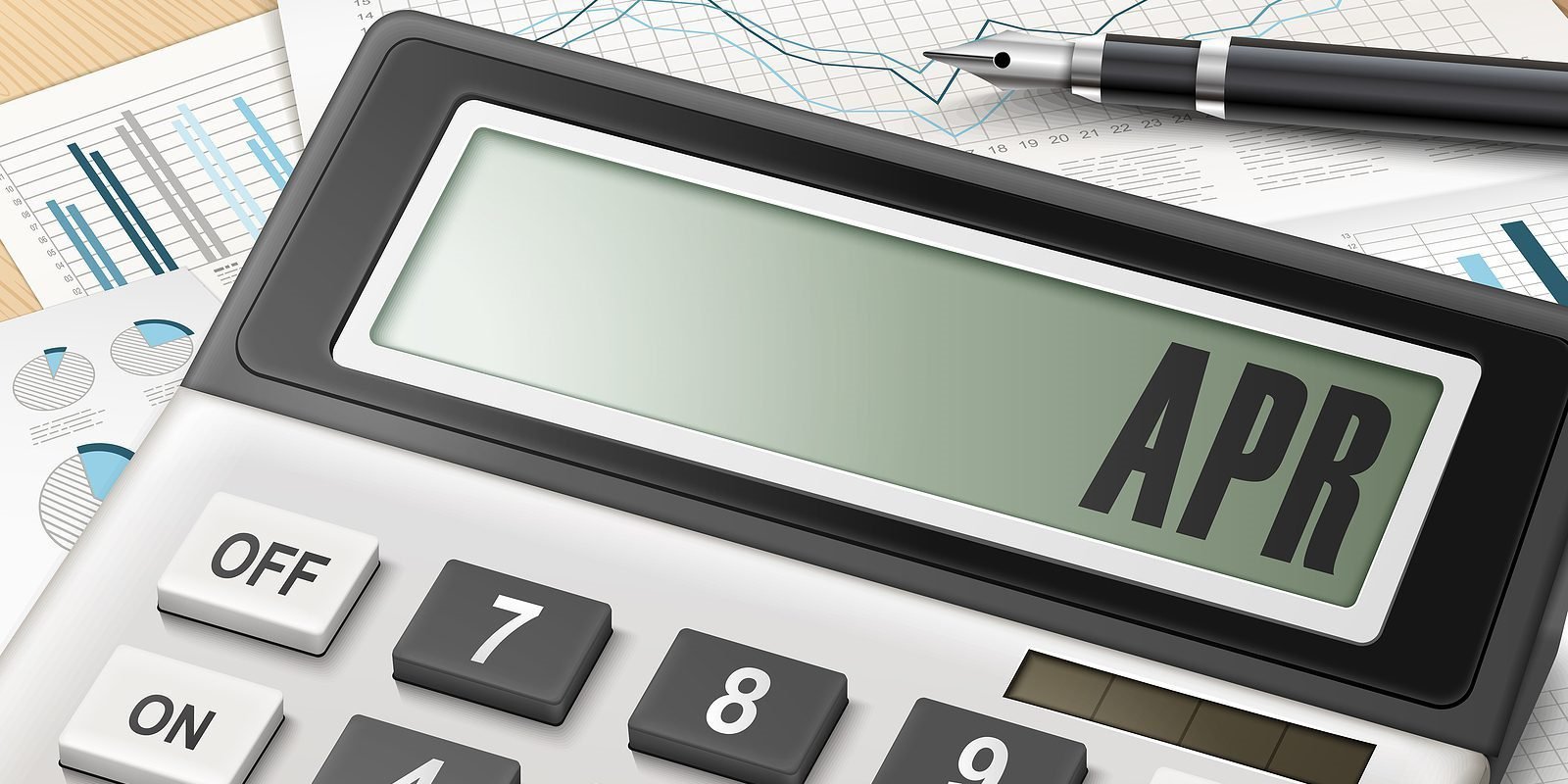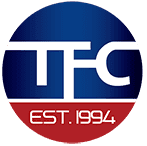In Florida, consumers have access to a wide range of loan options to meet various financial needs. Let us go deeper into these different types of consumer loans and understand what each one entails.
Types of Consumer Loans
- Secured Loans: Secured loans require collateral, such as a car or home, to secure the loan amount. This collateral acts as security for the lender—if you are unable to repay the loan, the lender can seize the collateral to cover the debt.
- Unsecured Loans: Unlike secured loans, unsecured loans do not require collateral. they pose a higher risk to lenders, they often come with higher interest rates.

Common Types of Consumer Loans in Florida
- Student Loans: Student loans are designed to help students and their families finance higher education expenses. Federal student loans typically offer lower interest rates and more flexible repayment options compared to private student loans.
- Mortgages: Mortgage loans are used to purchase homes. They are secured by the property itself, which allows lenders to offer lower interest rates. Mortgages come in various types, including fixed-rate and adjustable-rate mortgages (ARMs).
- Auto Loans: Auto loans enable individuals to purchase vehicles. These loans are secured by the vehicle being financed, and failure to repay can result in repossession of the car.
- Veterans Loans: Veterans loans are offered by the Department of Veterans Affairs (VA) to eligible veterans and their families. These loans often come with favorable terms, such as lower interest rates and relaxed credit requirements.
- Title Loans: Title loans use the equity in a vehicle as collateral. They are accessible even to individuals with poor credit scores, but they typically carry higher interest rates and can be risky due to the potential loss of the vehicle.
- TFC Title Loans will be your broker, help you to find the right lender.
- Small Business Loans: Small business loans provide funding to entrepreneurs and business owners for starting or expanding businesses. The U.S. Small Business Administration (SBA) offers various loan programs tailored to different business needs.
- Personal Loans: Personal loans can be used for any purpose, such as debt consolidation, home improvements, or covering unexpected expenses. They can be secured (requiring collateral) or unsecured, with varying interest rates based on creditworthiness.
- Payday Loans: Payday loans are short-term, high-interest loans designed to bridge financial gaps between paychecks. They are often criticized for their high fees and interest rates, making them a costly borrowing option.
Understanding Loan Terms and Considerations
- Interest Rates: Interest rates vary based on credit scores and loan types. Higher credit scores typically qualify for lower interest rates, reducing the overall cost of borrowing.
- Loan Terms: Loan terms refer to the length of time over which the loan must be repaid. Longer terms may result in lower monthly payments but higher overall interest costs.
- Credit Score Requirements: Some loans have minimum credit score requirements for approval. Higher credit scores generally result in more favorable loan terms.
Frequently Asked Questions About Types of Consumer Credit & Loans in Florida
- What types of consumer credit are available in Florida? In Florida, consumers can access various types of credit, including credit cards, personal loans, auto loans, mortgages, and home equity lines of credit (HELOCs). Each type serves different financial needs, such as purchasing a car, buying a home, or covering personal expenses.
- What is a title loan and how does it work in Florida? A title loan in Florida is a short-term loan where you use your vehicle’s title as collateral. To get a title loan, you need to own your vehicle outright. The lender will give you a loan based on the vehicle’s value. You can keep driving your car while repaying the loan, but if you don’t pay back the loan, the lender can take your vehicle.
- Are there any risks associated with title loans in Florida? Yes, title loans in Florida come with risks, including high interest rates and fees. If you can’t repay the loan, you risk losing your vehicle. It’s important to understand all the terms and conditions before taking out a title loan and consider other loan options that may be available to you.
Quote from Daniel Joelson, Consumer Finance Expert: “Consumers in Florida should carefully review the terms of any title loan and be aware of the potential risks. It’s crucial to explore all available options and choose a loan that best suits your financial situation without jeopardizing your assets.”
Choosing the Right Loan
When selecting a consumer loan in Florida, it is essential to consider the following factors:
- Financial Needs: Determine the specific purpose of the loan and the amount required.
- Repayment Ability: Evaluate your ability to make timely monthly payments based on your income and expenses.
- Loan Terms and Conditions: Thoroughly review and understand all terms and conditions, including interest rates, fees, and repayment schedules.
By understanding the different types of consumer loans available in Florida and considering individual financial circumstances, consumers can make informed decisions and effectively manage their borrowing needs while maintaining financial stability.
[pdf-embedder url=”https://tfctitleloans.com/wp-content/uploads/2022/01/Source-1-1.pdf” title=”Consumer Loans in Florida”]


